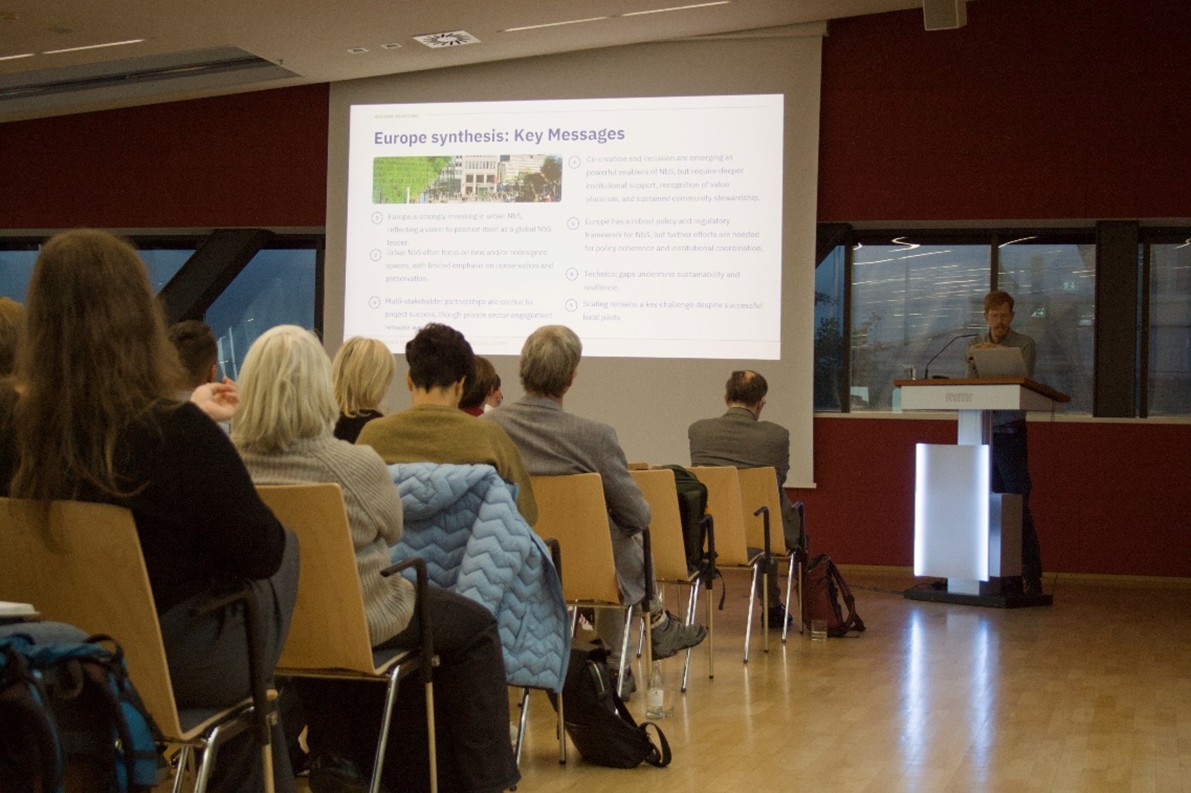
Mid-Term Forum Highlights: Pathways to Upscaling Nature-Based Solutions Across Europe
One of the major challenges of implementing Nature-Based Solutions is to upscale and mainstream them into environmental and land-use policies. Finding pathways to overcome this was at the heart of the Land4Climate Mid-Term Forum, held on 6 October 2025 at RWTH Aachen University. The event brought together participants from research, policy, and practice to exchange lessons learned from across the NBS4EU sister projects and explore how these insights can support the EU’s Mission on Climate Resilient Regions.
A Collaborative Platform for Scaling NBS
Organized by TU Dortmund University, the Mid-Term Forum served as a joint platform for the seven Horizon Europe projects working together under the NBS4EU umbrella. The forum aimed to connect ongoing research on NBS with policy and implementation, building a stronger evidence base for how nature-based measures could enhance resilience and cohesion across European regions. The event opened with a keynote by Prof. Erik Andersson (University of Helsinki), who reflected on the crucial role of NBS in bridging climate adaptation, biodiversity, and social well-being. He highlighted the need for inclusive governance, diverse knowledge, and stronger monitoring, noting that NBS can scale up while adapting to local contexts. Following the keynote, a panel session provided representatives of the sister projects with an opportunity to share their visions, achievements, and lessons learned, setting the stage for a day of interactive discussions.
Interactive Discussions and Key Takeaways
In the afternoon, participants joined four thematic discussion sessions that brought together insights from research, policy, and practice. In the session on Evidence Base and Scalability, participants reflected on the types of knowledge and data most needed to strengthen the case for NBS in policy and implementation. They discussed how impact data could be made more comparable across regions and how local and traditional knowledge can complement scientific evidence to better capture co-benefits such as biodiversity and social cohesion. The session on Spatial Requirements of NBS examined how planning tools can facilitate equitable access to Nature-Based Solutions across urban and rural areas. Participants debated how to reconcile competing land uses in dense urban contexts and shared examples of multifunctional designs that combine flood protection, recreation, and biodiversity within limited space.
Discussions on Funding Strategies and Policy Frameworks revolved around the financial barriers that still constrain implementation. Participants pointed to the need for stable, long-term funding and more integrated policy instruments, highlighting promising examples of blended finance and public-private partnerships. They also discussed how European and regional funding mechanisms, such as the ERDF, could be better aligned to mainstream NBS principles. Finally, the session on Implementation Challenges and How to Overcome Them brought together experiences from local and regional actors facing governance silos, limited technical capacity, and community resistance. Participants emphasized that capacity building, knowledge exchange, and participatory engagement are crucial to overcoming these barriers and ensuring that NBS become lasting, embedded elements of planning practice.
These interactive exchanges allowed for cross-project learning and debate on the enabling conditions needed to mainstream NBS, fostering lively exchange across disciplines and regions, and identifying key leverage points for policy and governance. The discussions underscored that while scientific understanding is advancing rapidly, implementation still depends on integrated governance, financial support, and collaboration between public and private actors. The day concluded with a wrap-up session linking the insights from the discussions to EU Cohesion Policy, underlining how coordinated, multi-level action can accelerate the transition toward resilient and sustainable regions across Europe.
Looking Ahead
The Mid-Term Forum reaffirmed the importance of knowledge sharing and collective learning across projects. By connecting researchers, regional partners, and policy-makers, the event laid the groundwork for stronger cooperation and future joint actions within the NBS4EU cluster. Building on the rich discussions from the forum, the organizing team will prepare a discussion paper summarizing the key insights, challenges, and policy recommendations emerging from the sessions. The paper will be published in the coming months and made available through the Land4Climate website and the NBS4EU network. Stay tuned for updates on NBS4EU activities and outcomes as the projects continue to advance Europe’s pathway toward climate resilience through nature-based solutions. Follow Land4Climate for upcoming publications and events.
This article was written by Tanja Schnittfinke from LAND4CLIMATE consortium partner and coordinator TU Dortmund University
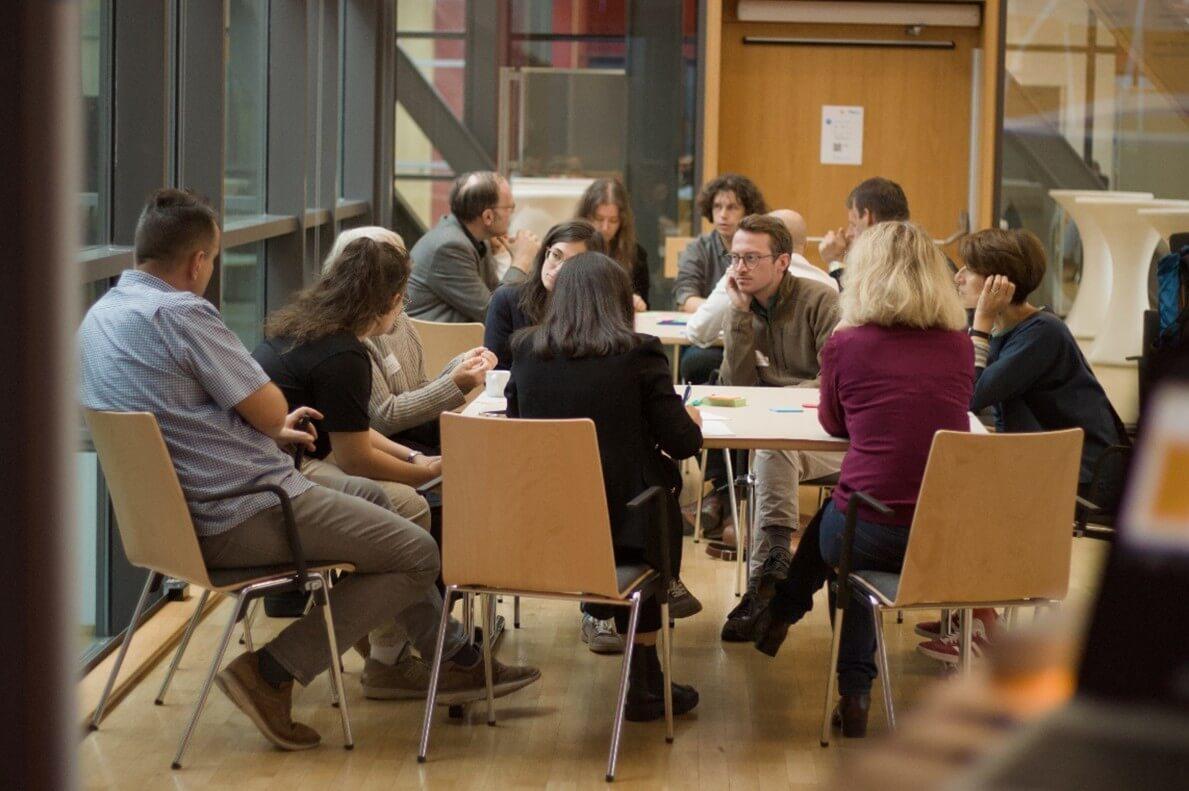
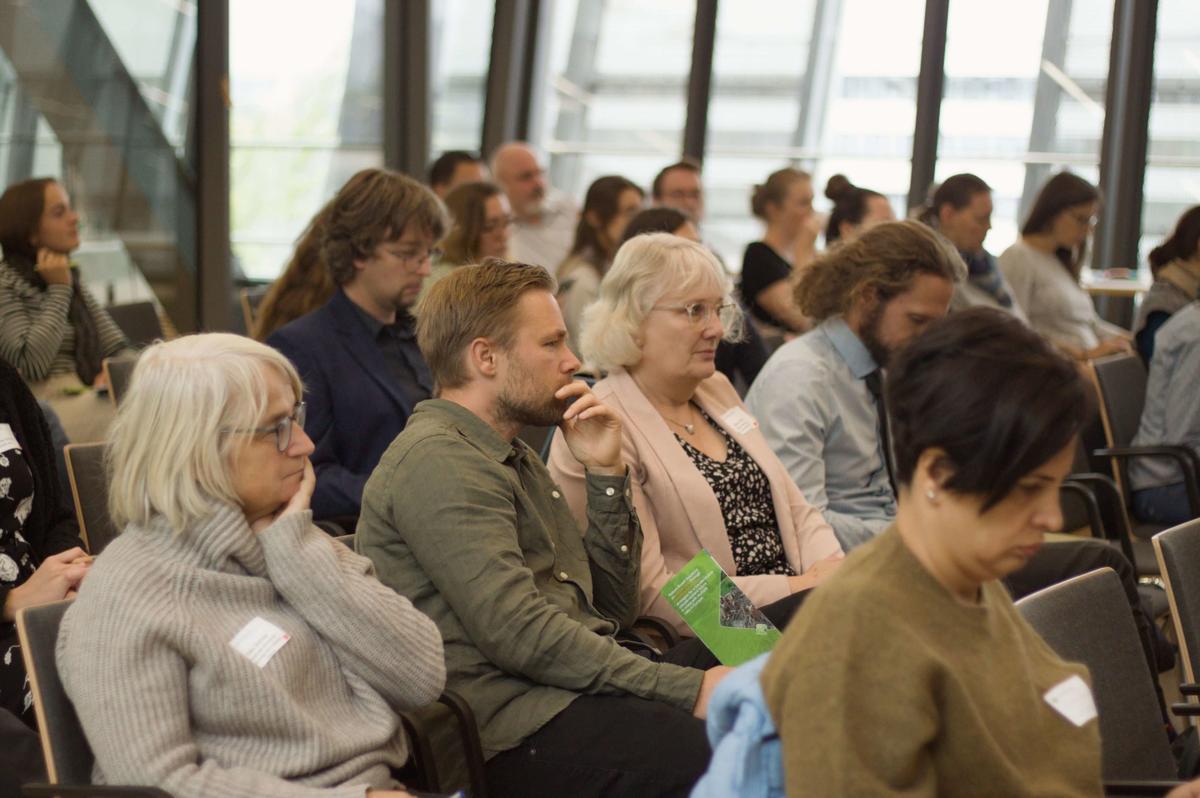
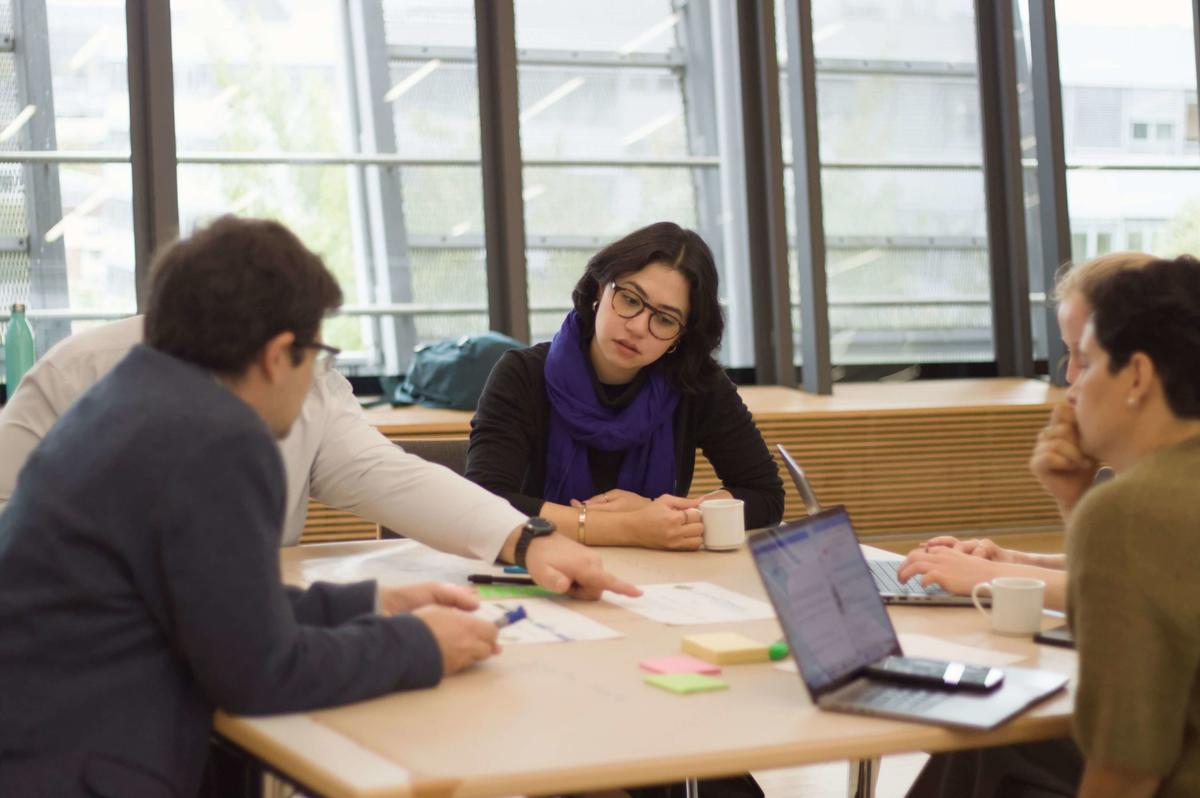
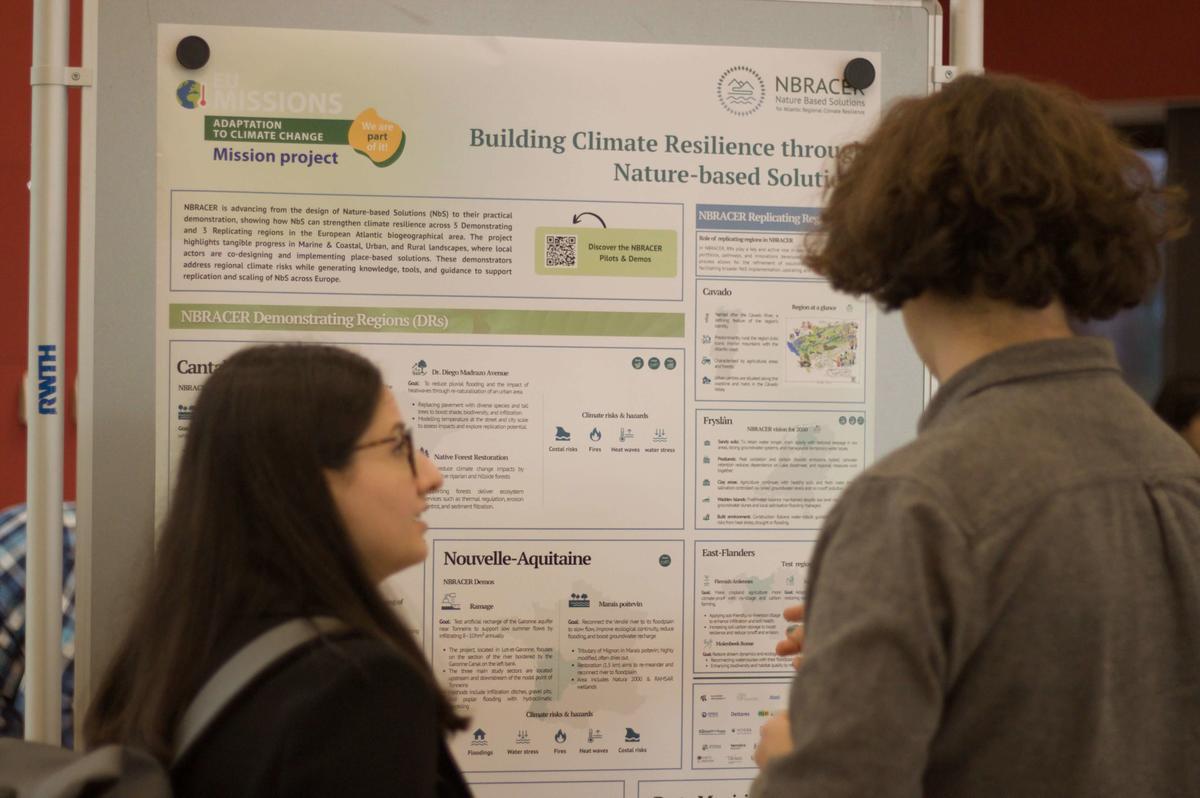
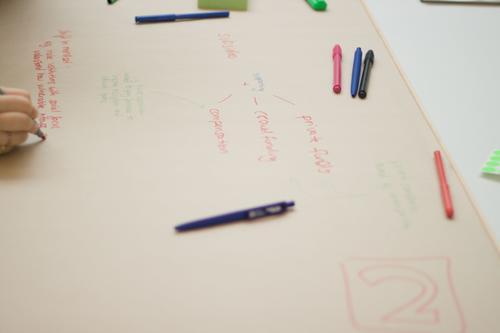
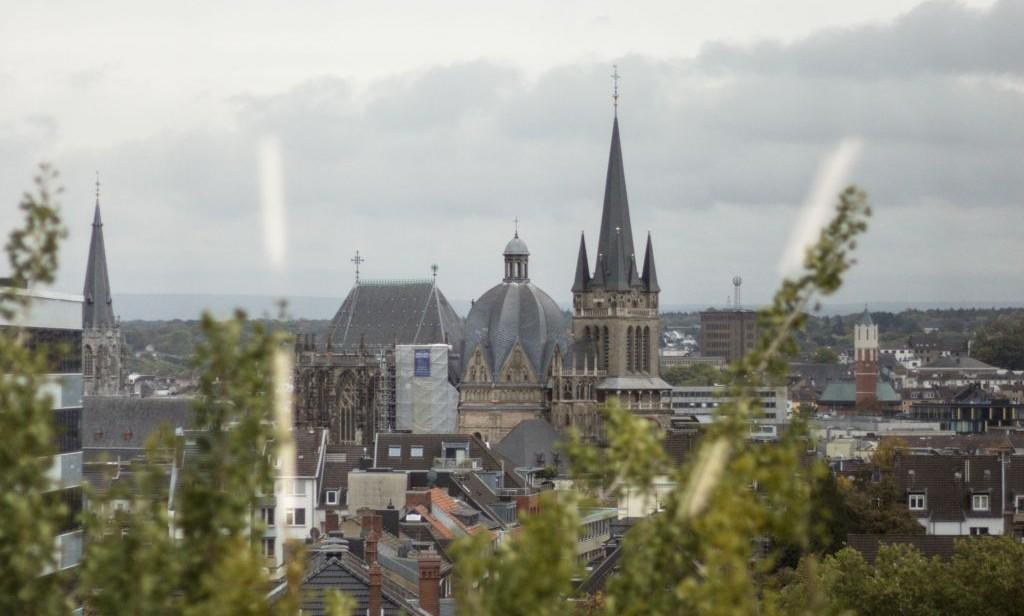
Publishing date: